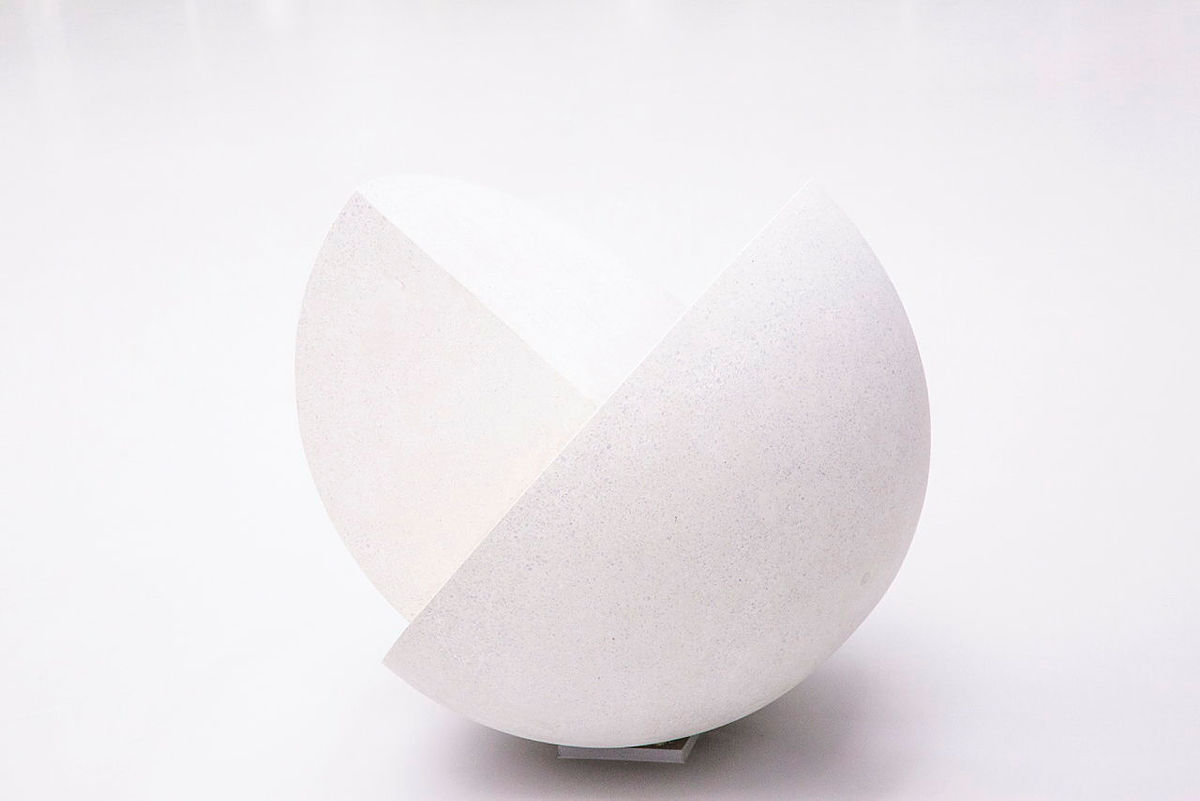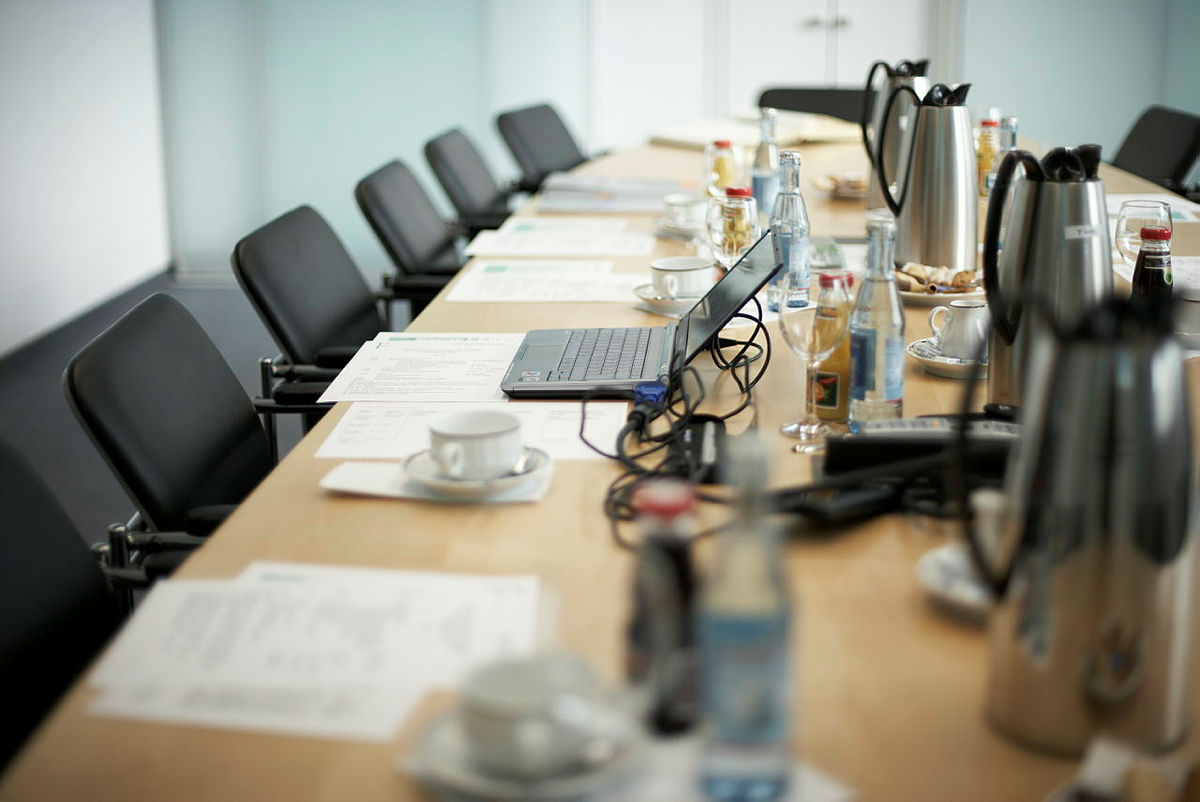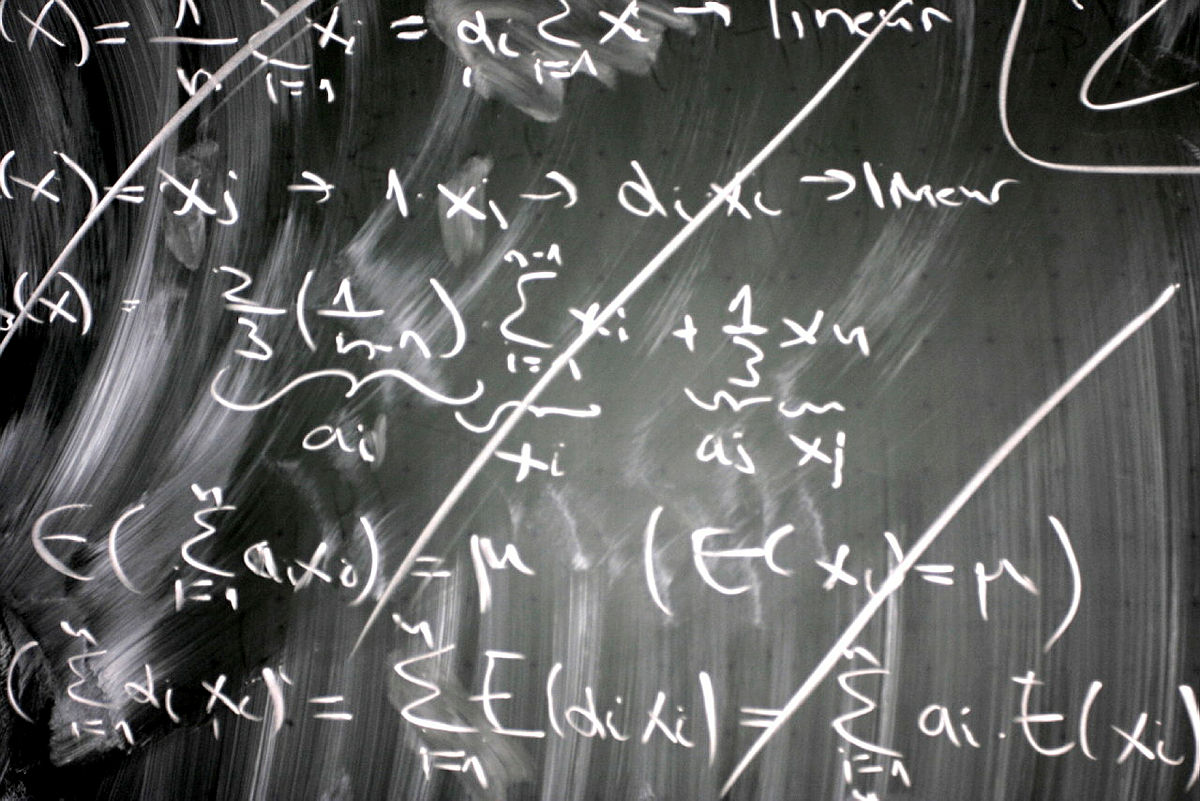Latest Information

Summer School
Date: June 17, 2024 - June 19, 2024
Online Workshp Series Summer 2024
Date: April 15, 2024 - July 22, 2024
Program
Research
Ensuring high product quality with optimal raw material and energy utilization can only be achieved through extensive and long-standing experience in the operation of particle-processing processes. This less than satisfactory situation is due to the complexity of particulate products, which still prevents extensive automation and autonomous process control, i.e. independent adjustment of product properties without any external intervention. However, a solution now seems possible, as there have been extensive developments in modeling, measurement technology, computing and storage technology, and data communication in recent years.
The originality of the proposed project lies in the material- and information-technological coupling of the respective basic operations with measurement technology, process dynamics and control technology to form a closed loop for process control. In the first phase, the focus will lie on the process control of a single basic operation, while in a second phase, entire process chains consisting of several basic operations will be considered. This will enable, for the first time, the desired property profiles of particulate products to be set at the 'push of a button' with the most energy- and raw material-efficient operation possible. With the completion of the priority program applied for, a novel "construction kit of scientific tools" (methods, algorithms, models, data structures and information architectures) will be available, which will allow reliable process control and can also be transferred to new, particle technology processes.
Goals
The goal of the priority programme is the development and implementation of control concepts for single-stage and, in a further step, multi-stage particle processes (process chain). The main tasks of control are the automatic adjustment of the desired particle and product properties, the compensation of unforeseen disturbances, the acceleration of start-up and shut-down as well as the planning and control of optimal trajectories of batch processes under consideration of uncertainties and process-relevant quality criteria (e.g. energy and raw material efficiency). Methodically, methods of nonlinear, optimization based and robust control can be applied.
In detail, the thematic goals can be formulated as follows:
- Investigation of the process dynamics of individual process steps and of the interconnection of unit operations to form a process chain with material and energy recycles.
- Optimization of different target functions with regard to the pursued property distribution and resource efficiency.
- Ensuring the stability of the process chain according to the influence of uncertainties, perturbations and constraints.
In addition, there are the methodological objectives:
- Coupling of material and data streams of the unit operation or within process chains of the process models, the measurement methods and the control technology to ensure an autonomous process.
- Extension of methods for in-situ measurement of particle or product properties by means of reconstruction of easily accessible measurement information.

In March 2021 the Senate of the Deutsche Forschungsgemeinschaft (DFG, German Research Foundation) established the Priority Programme “Autonomous processes in particle technology – Development and implementation of concepts for model-based control of particulate processes” (SPP 2364). The programme is designed to run for six years. The present call invites proposals for the first three-year funding period.
Call for Proposals
The present call invites proposals for the first three-year funding period. Find all further information in the navigation menu under "Call for Proposals".
Proposals must be written in English and submitted to the DFG by 15 December 2021.





